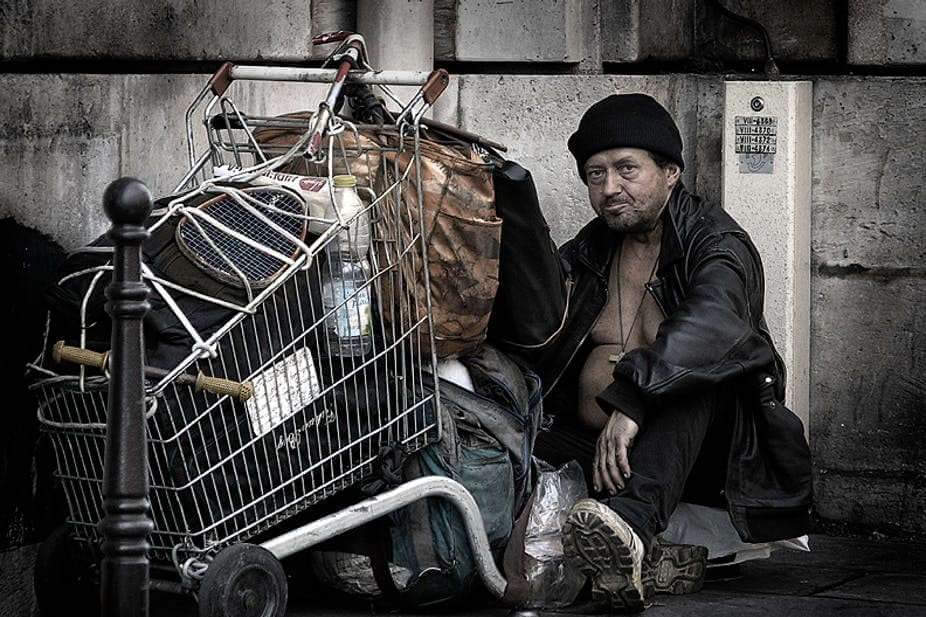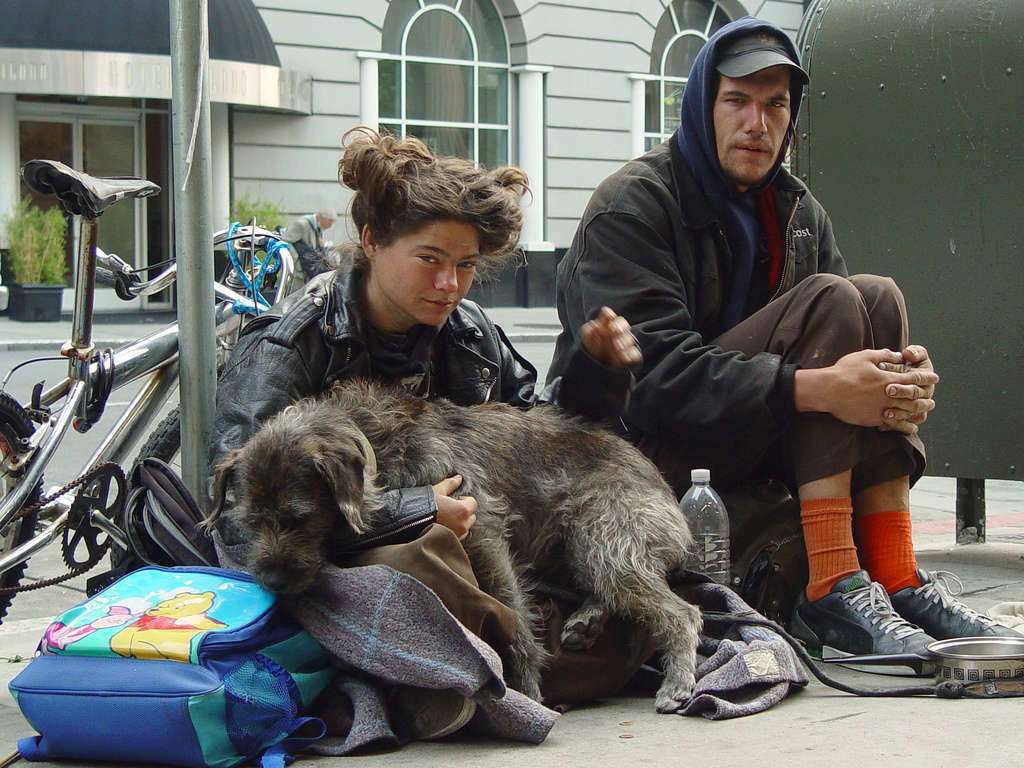Hygiene insecurity is a factor of social exclusion that persists and worsens among the most vulnerable. Today, three million French people go without basic hygiene products such as soap, shampoo, toothpaste, toilet paper…
The barometer “Hygiene and Precariousness in France”, commissioned for the second time by the association Dons Solidaires to the IFOP institute draws up an inventory of the evolution of hygienic precariousness and its impact on self-esteem and social integration.
“In 2019, Dons Solidaires and IFOP, through the first French study on Hygiene and Precariousness, have sounded the alarm on a serious and unknown problem: several million people cannot access basic necessities such as hygiene products. The crisis we are currently experiencing marks a worrying progression of precariousness and further aggravates these difficulties. This is what we wanted to measure in the reissue of this study” says Dominique Besançon, General Delegate of Dons Solidaires.
Social exclusion
After a year of health, economic and social crisis, the results of this 2nd barometer are clear: hygiene precariousness is a well established reality with 3 million French people who continue to go without basic hygiene products due to lack of means; a factor of social exclusion that persists and worsens among the most fragile.
Committed to the fight against waste and social exclusion since its creation in 2004, the association Dons Solidaires continues to mobilize strongly on this subject that it has largely contributed to the emergence in public debates since 2019: the lack of access to hygiene products for the most deprived people and its social consequences.
This barometer aims to become a benchmark for measuring the evolution of hygiene insecurity in order to challenge and mobilize public authorities, raise awareness among companies in the sector and the general public.
the data from the 2021 study concerning access to hygiene remains worrying. Due to lack of money, 7% of French people wash their hair with something other than shampoo (vs. 6% in 2019), 6% do not use or control their consumption of toilet paper (vs. 7% in 2019) and 4% wash without using shower gel or soap (idem 2019). In total, there are 3 million French people who today still go without basic hygiene products due to lack of means.
“I close my eyes”
The renunciation of basic products is all the more worrying as it is largely more frequent among association beneficiaries and remains a marker of great precariousness. Overall, the rate of renunciation among this population is four times higher than for the national panel. For example, 28% of association beneficiaries say they have already given up using shampoo and 24% brush their teeth without toothpaste. “When money is missing, I close my eyes at the supermarket; I only buy food and I tell my children: wash with water! We make do with the means at hand. “Aïcha, mother of 5 children, beneficiary of the association Together We Can.
“For the shower gel, I put water in it and I shake it to make it last. We have to dilute it to make it last” Anne, widow and mother of two children, beneficiary of the association Together We Ca.
Among the most precarious, one homeless person out of two is forced to give up the use of basic hygiene products.
The judgment of others
The feeling of unease about one’s appearance is widespread in the population: 69% of French people say that bad body odor gives a bad opinion of a person, (vs. 73% in 2019). Dirty and used clothes are the second most important criteria for 40% of French people (vs. 42% in 2019). Finally, 27% of them believe that poor dental hygiene gives a bad opinion of a person (vs 32% in 2019). “It’s impossible to wear dirty clothes, it embarrasses people. The look of others is very important. If you are dirty, people are afraid of you. ” Pierre, beneficiary of the Corot Entraide shelter.
Ten million French people, i.e. 17% of the population, give up going out because of their appearance. A situation which concerns more the most precarious with a rate of 28% among the beneficiaries of associations.
Menstrual precariousness: the lights are red
Another lesson of this study: 1,7 million women in France, that is to say 9% of the population, are victims of menstrual insecurity. A situation even more worrying in the 18-24 years old who are 15% to be concerned. Subject long taboo, the menstrual insecurity is a reality that the barometer of 2019 has allowed to highlight. Although the issue is now taken into account by public and private actors, 1.7 million women (9%) still do not have enough sanitary protection.
This precariousness has a greater impact on the most vulnerable populations: in fact, for 39% of women who are beneficiaries of associations, access to sanitary protection is insufficient. Menstrual insecurity therefore leads many women to use makeshift protection such as toilet paper. “When I don’t have any sanitary protection, I use cloth. For my daughters it’s different, they go to the school infirmary but they are embarrassed to ask. “Léa, single mother, beneficiary of the association Together We Can.
No diapers for babies
One in five parents of young children (22%) have had more difficulty acquiring diapers since the health crisis began, and more than one in two parents (56%) among association beneficiaries. Even if the first items to be given up are early learning games (54%) or clothes (52%), 16% of parents of young children have difficulty buying diapers for their babies. This is 2.5 times more common among association beneficiaries (37%).
And the situation has worsened significantly over the past year, with 1 in 5 parents of young children (22%) reporting greater difficulty in acquiring diapers since the beginning of the health crisis and more than 1 in 2 parents (56%) in the case of association beneficiaries.
Ill-being among young people
The health crisis has particularly affected young people under the age of 25, 1 in 10 of whom have given up buying basic hygiene products due to lack of funds. This renunciation leads them to adopt bypass strategies such as washing their hair with something other than shampoo for 10% or their teeth without toothpaste for 9%. This problem of access to hygiene products strongly alters the self-esteem of students and reinforces the malaise of young people: 46% of them are afraid of being judged negatively because of their appearance (vs. 20% of the French population), which even leads 37% of these young people to give up going out of their homes (17% of the French population). “I sometimes wash my hair with shower gel because I don’t have anything else. I dilute the products too, to make them last longer. Éloïse, student, beneficiary of the social grocery store in Le Mans.


